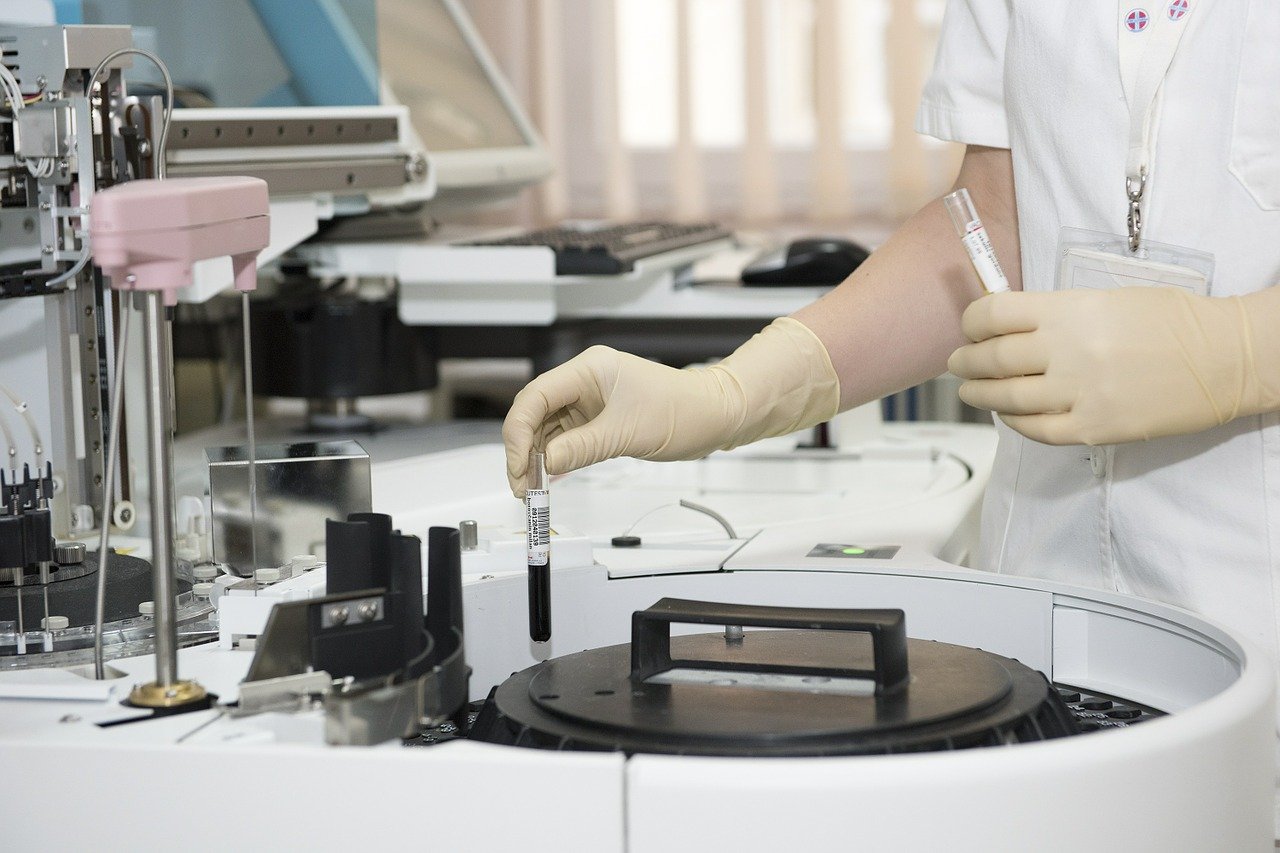
The Food and Drug Administration (FDA) announced on Sunday that it granted emergency authorization of convalescent plasma for Covid-19 treatment.
According to the FDA, there is reason to regard convalescent plasma as an effective treatment for Covid-19 patients and that the identified and potential benefits outweigh the potential risks of such products.
Several health authorities are worried about the use of convalescent plasma because the data from its clinical trials is not enough to ensure the effectiveness of its widespread application. The
“Today’s action will dramatically expand access to this treatment,” President Donald Trump said at a White House press briefing on Sunday evening, a day before the Republican National Convention. “We’re removing unnecessary barriers and delays.”
According to the Mayo Clinic, which is studying the treatment, the convalescent plasma treatment involves the use of blood from recovered Covid-19 patients who were able to develop antibodies against the virus and injects it into patients who contracted the virus to prevent severe cases.
Some health experts, such as White House coronavirus advisor Dr. Anthony Fauci and Dr. Francis Collins, the director of the National Institutes of Health, warned about the insufficient data on the country’s largest blood plasma study. Their concern about weak data compelled the FDA to postpone granting emergency authorization for the blood treatment.
Clinical trials have not determined whether convalescent plasma can aid patients in fighting the coronavirus. However, an emergency authorization does not require the same amount of proof for FDA approval. To date, there is no FDA-approved drug or vaccine against the coronavirus yet.
Blood plasma treatment has slahed Covid-19 mortality by 35%, according to Trump.
He previously expressed his rage against FDA’s decision to put emergency authorization on hold until more data is evaluated, claiming last week that the decision may be politically motivated.
Pressure on regulators
The president has touted the use of the convalescent plasma, saying it helped more than 50% of Covud-19 patients who took the treatment.
“I hear great things about it ... that’s all I can tell you,” Trump said during a previous White House press briefing. “It could be a political decision because you have a lot of people over there who don’t want to rush things because they want to do it after November 3, and you’ve heard that one before.”
Meanwhile, Trump accused the FDA of postponing enrollment in clinical trials for coronavirus vaccines or therapeutics due to political intentions.
Scientists and lawmakers have warned that the president is pressuring regulators to come up with a vaccine before the November 3 election despite lack of data to justify widespread use.
Dr. Peter Marks, director of the FDA’s Center for Biologics Evaluation and Research, announced that he will resign if the Trump administration approves a coronavirus vaccine before it is proved to be safe and effective.
“The FDA must approve drugs or vaccines based on their safety and effectiveness – NOT political pressure from the White House,” House Speaker Nancy Pelosi tweeted on Saturday. “The President’s dangerous attempt to inject himself into the scientific decisions of [U.S. FDA] jeopardizes the health & well-being of all Americans.”
Meanwhile, former FDA chief Dr. Scott Gottlieb stressed that the president’s attack on the FDA is related to convalescent plasma and reiterated why it is being questioned by officials.
“The trial that that’s going to be based on, 70,000 patients, wasn’t a very rigorously done trial. It was an open-label study where everyone got treated. So it’s hard to draw conclusions,” Gottlieb said during an interview on CBS’ “Face the Nation.”
“I believe plasma is probably beneficial. It’s probably weakly beneficial in the setting of this treatment. But I think some people wanted to see more rigorous data to ground that decision,” Gottlieb continued. “And I think that’s part of what is going on here with respect to that tweet and questions about the FDA decision-making.”






